Disrobed
Disrobed
How Clothing Predicts Economic Cycles, Saves Lives, and Determines the Future
Syl Tang
ROWMAN & LITTLEFIELD
Lanham Boulder New York London
Published by Rowman & Littlefield
A wholly owned subsidiary of The Rowman & Littlefield Publishing Group, Inc.
4501 Forbes Boulevard, Suite 200, Lanham, Maryland 20706
www.rowman.com
Unit A, Whitacre Mews, 26-34 Stannary Street, London SE11 4AB
Copyright 2017 by Syl Tang
All rights reserved . No part of this book may be reproduced in any form or by any electronic or mechanical means, including information storage and retrieval systems, without written permission from the publisher, except by a reviewer who may quote passages in a review.
British Library Cataloguing in Publication Information Available
Library of Congress Cataloging-in-Publication Data
Names: Tang, Syl.
Title: Disrobed : how clothing predicts economic cycles, saves lives, and
determines the future / Syl Tang.
Description: Lanham : Rowman & Littlefield Publishing Group, [2017] |
Includes index.
Identifiers: LCCN 2017005878 (print) | LCCN 2017008532 (ebook) | ISBN
9781442270992 (cloth : alk. paper) | ISBN 9781442271005 (electronic)
Subjects: LCSH: Clothing and dressSocial aspects.
Classification: LCC GT525 .T36 2017 (print) | LCC GT525 (ebook) | DDC
391dc23
LC record available at https://lccn.loc.gov/2017005878
 The paper used in this publication meets the minimum requirements of American National Standard for Information SciencesPermanence of Paper for Printed Library Materials, ANSI/NISO Z39.48-1992.
The paper used in this publication meets the minimum requirements of American National Standard for Information SciencesPermanence of Paper for Printed Library Materials, ANSI/NISO Z39.48-1992.
Printed in the United States of America
Contents
Introducing the central idea of the book: Clothing is a bellwether, a canary in a coal mine, a tool.
Did clothing predict Donald Trump would win? ... How you can see the effects of Hurricane Katrina at your neighborhood TJ Maxx ... You can use clothing to predict changes in the world ... Clothing tells you what large groups of people are thinking, even before they know themselves ... Clothing can save your life.
Using clothing to read others minds and thoughts.
Why your banker being superstitious indicates a recession is coming ... Why even math-based people dont always make decisions using facts ... How we wear our emotions and possibly our intent ... Clothing tells you what people are afraid of and what they are planning.... How clothing is data .
How clothing is linked to worldwide cons in science and finance.
How a fake might wend its way into a museum ... Malcolm McLarens decades-long war against auction houses ... You already have the tools to tell if youre being conned.... Why speakeasies are bogus ... What rsums and cloning have to do with the financial crisis ... How clothing can tell you when the next financial fraud is coming .
How resale shops just happen to forecast recessions.
How Livestrong and Fitbit came to change city maps worldwide ... Recycling, this generations peace symbol ... Are we consuming more just to claim we are being green rather than just, actually, being green? ... How clothing is a weapon of money and power in a divorce ... The wife bonus ... How consumption patterns of the seemingly recession-proof superrich are, in fact, predictors of recession .
Food or clothing; we might not be able to have both.
Why foraging is just a really, really bad idea ... How farm-to-table is possibly causing starvation in Africa ... Natural fabric? Cotton farmers have the highest rate of farmer cancers ... Is your T-shirt causing famine? ... GMOs, bamboo, fracking, and how one man crossed two continents just to grow his own cotton ... Ethanol and the resulting food crises ... Why avocado toast is the new blood diamond .
Can existing wearable technology alter the death rate of natural disasters forever?
How a watch could save your life in an earthquake ... A Hong Kong coin shortage led to our connected world ... Can clothing protect you in a post 9/11 universe? ... Ball caps and jackets that could help Alzheimers patients and prevent car accidents ... A purse that could never be stolen ... Shoes that could power a city grid ... Military-grade facial recognition and how we are already using it ... How American author Edward Bellamy predicted the coming cashless world in 1888 .
How terrorism, clothing, and travel became inextricably linked.
How social media made culture the new war, and how culture made clothing the new battleground ... The French burkini ban and why lacit means you should get naked ... Why you are ten times more likely to die at the hands of LA gangs than at the hands of ISIS ... What ideas about child abuse have to do with banning burkas ... The difficulty of modesty in a Bollywood and Instagram world ... How clothing became a weapon in the war against terrorism .
Introduction
W hat if I were to tell you clothing trends predicted the 2016 election?
Right before the 2008 US presidential election, a tremendous number of clothing brands created educational clothing: Reebok did a T-shirt with John Maeda on math algorithms. Emperial Nation launched T-shirts related to history, depicting events and figures from the American Civil War, the French Revolution, and the Ottoman Empire. The Ken and Dana line presented jewelry citing landmark legal cases, such as the one behind womens right to vote and Roe v. Wade . When Barack Obama was elected, many said it was a return to intellectualism, the triumph of a highly educated law professor over the folksy Everyman campaign of his opponent. Was the nation simply ready for a leader who prized intellect over gut feelings?
Looking at those clothing themes prior to the election, it would certainly seem so.
Embracing apparel that celebrates education also has to do with embracing the institutions that support it, namely, colleges and universities. It reflects a belief that endorsing learning establishments and attending them will mean that they in turn will support you backthat they will do right by you, help you, and lift you up.
Do people still feel this way?
They do not.
A 2011 Pew Research study shows that 57 percent of Americans think that higher education fails to provide good value. A 2014 Economist article postulates that too many degrees are just wasted money. And while a higher percentage of Americans are going to college than ever before, it probably doesnt help that the premium of having a four-year degree has actually flattened. It now takes an additional degree at the graduate level to make more money. Just say the word loans to a few recent American college graduates and watch their reaction.
Now consider how the way we dress has changed in the last eight years.
Once upon a time, wearing a suit meant wanting to be taken seriously and aspiring to have others take you seriously.
The popularity of late Apple founder Steve Jobss turtlenecks or Facebook chief Mark Zuckerbergs hooded sweatshirts indicates that perhaps that time has passed.
Wearing a suit now might even have a deleterious effect in quite a few work circles; people might view the wearer as overdressed and think, Youre an idiot , whereas the black turtleneck or hoody is considered serious: Youre just too busy to think about being fancy. In fact, maybe you were too much of a genius to waste time going to classes. Didnt both Jobs and Zuckerberg drop out of college and become billionaires?


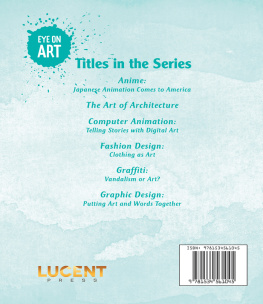
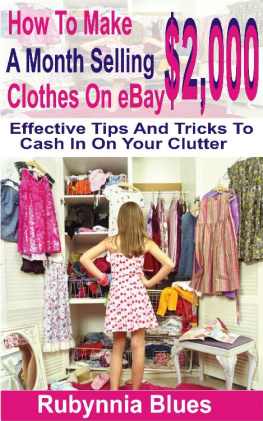
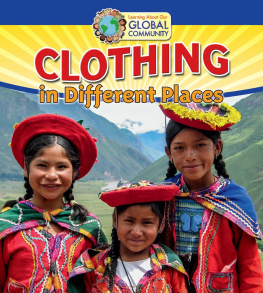
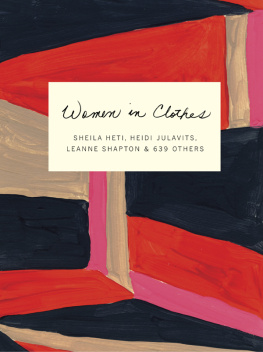
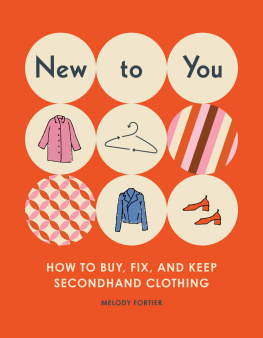
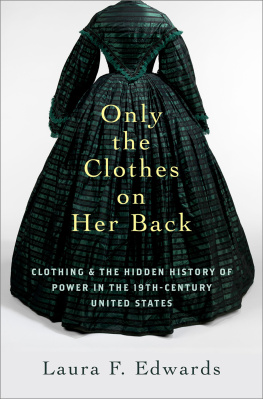
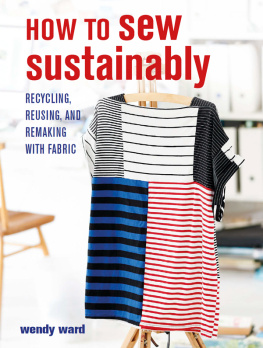
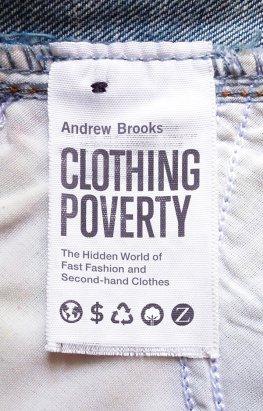


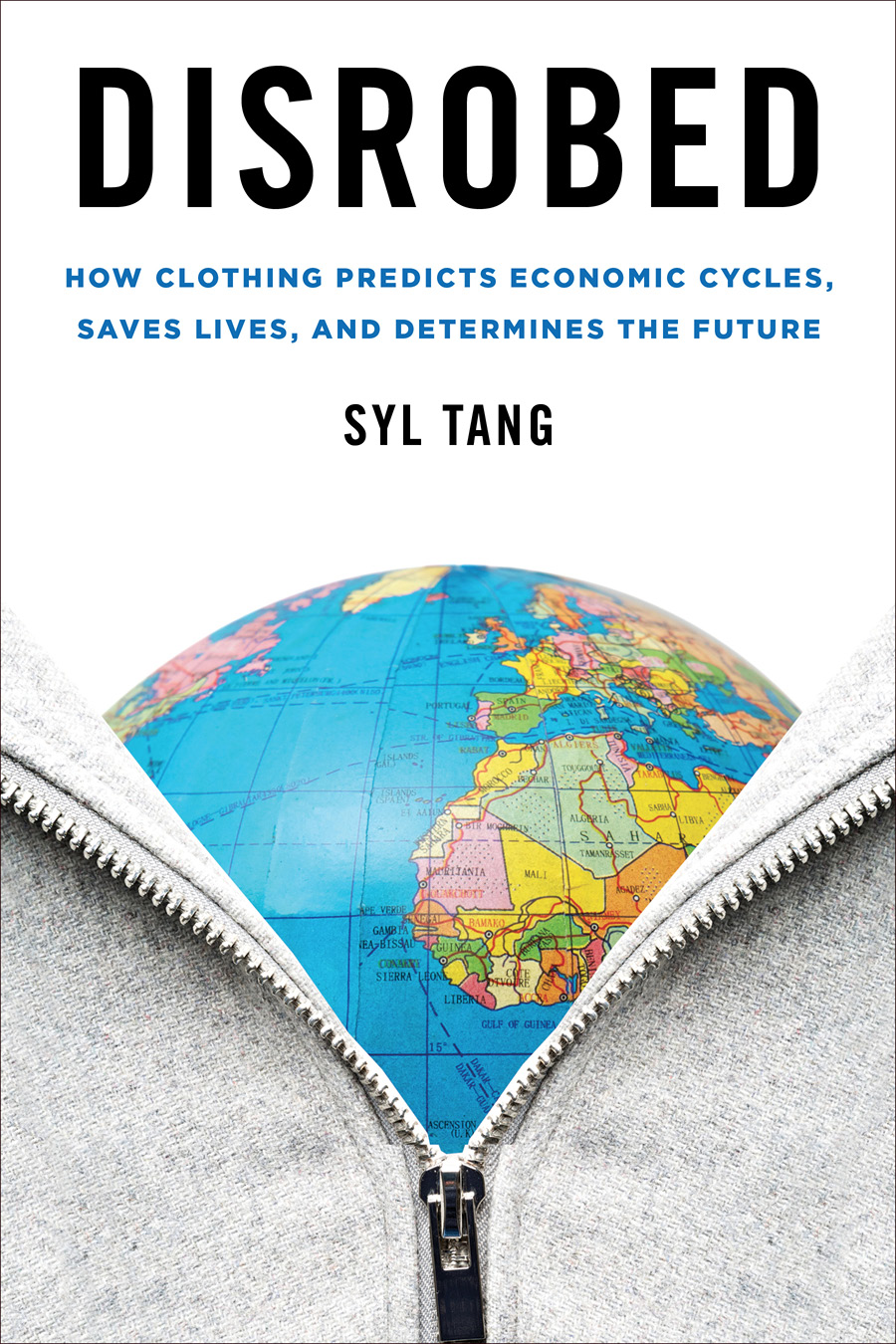
 The paper used in this publication meets the minimum requirements of American National Standard for Information SciencesPermanence of Paper for Printed Library Materials, ANSI/NISO Z39.48-1992.
The paper used in this publication meets the minimum requirements of American National Standard for Information SciencesPermanence of Paper for Printed Library Materials, ANSI/NISO Z39.48-1992.